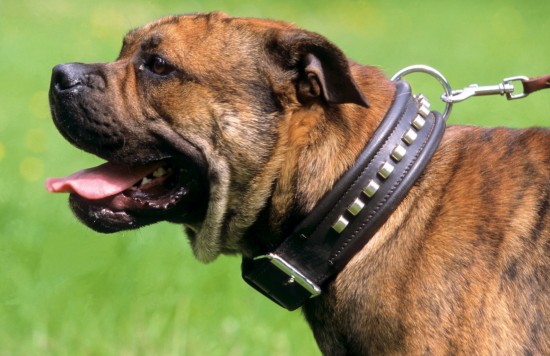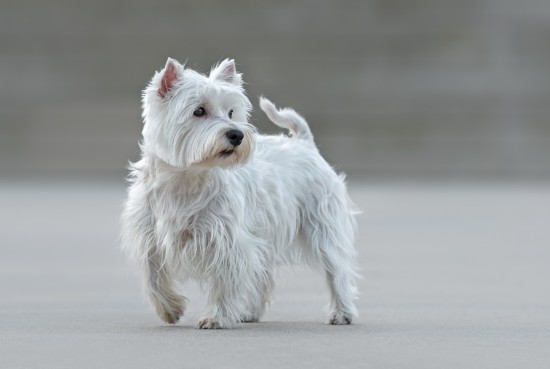Without a doubt one of the most annoying issues for owners is a dog that is a chronic barker. These dogs seem to bark at anything and everything and do not stop barking even when the threat or event is over. While chronic or excessive barking is often associated with small dogs all sizes and breeds of dogs may become chronic barkers under the right set of conditions.
What makes a dog bark?
Initially puppies and dogs bark to attract attention, notify owners of a stranger or unusual event, or to defend themselves and their property. Most owners appreciate a dog that barks to notify them when a stranger approaches or there is a knock at the door. The problems start to happen when the dog does not disengage from the barking activity, even if corrected. Some chronic barkers will not stop even if removed from the room and will continue to bark even if placed outside.
Usually dogs that have a problem with barking started this behavior because they were bored or received attention for barking. Remember that to a dog all attention is good, even if it is negative. Therefore when a dog is bored, lacks attention and then barks and gets yelled at, he or she quickly learns that barking gets human attention, which is just what he or she wants. Once this pattern has been established it is more difficult to correct than catching it early and stopping it as it develops.
Working With A Puppy or Dog
Puppies are often very cute when they bark and owners do little to correct the barking. Once they become a bit older the problem becomes more annoying, but by then the behavior is established. If you want to have a watchdog consider using the following method:
When the stranger comes to the house or yard and the puppy or dog barks, immediately praise the puppy. After one or two barks say 揈nough?or 揝top?and then immediately give them a toy or chew item to distract them from barking. As soon as they take the toy praise them for stopping and provide attention for quiet behavior.
If the puppy or dog continues to bark and doesn抰 take a toy consider giving them a food treat. Again praise as soon as the dog is quiet after you have given the verbal command.
Spend time playing with the puppy and provide attention when they are quiet.
Never yell at the puppy or hit the dog to make it stop barking. This will only raise the puppies anxiety level and lead to more barking or even more aggressive behaviors such as biting or running away.
A squirt bottle filled with tap water can also be used to stop the puppy from barking, although this should only be used if other methods fail. Again, the word 揈nough?or 揝top?should be used prior to the water bottle, and the puppy should immediately be praised when he or she sits or stands quietly beside you.
For dogs or puppies that bark chronically when the owner is away consider providing more toys and activities for the dog. In addition take them for a long walk or play games with them to provide more stimulation before you leave them alone. Try to make the times away from home as short as possible and praise the dog when you get home and all is quiet.
Be as consistent as possible if you are trying to train or correct a barking dog. Always respond the same way to barking. Dogs become very confused if one day they are allowed to bark and other days they given negative attention for barking. Always pay attention to the dog when it is quiet or behaving appropriately and spend extra time exercising and playing with the dog or puppy to ensure that they will be tired and relaxed when you are away from home.

 Changes To The Dangerous Dogs Act 2014 - What All Dog Owners Need To Know
Changes To The Da
Changes To The Dangerous Dogs Act 2014 - What All Dog Owners Need To Know
Changes To The Da
 ‘handbag’ Dogs- Why You Should Never See Your Pet As A Fashion Accessory
‘handbag’ Dogs- W
‘handbag’ Dogs- Why You Should Never See Your Pet As A Fashion Accessory
‘handbag’ Dogs- W
 How To Keep Rabbits Warm In Winter & Cool During The Summer
How To Keep Rabbi
How To Keep Rabbits Warm In Winter & Cool During The Summer
How To Keep Rabbi
 Vulnerable Uk Native Dog Breeds - Pastoral, Toy And Working Groups
Vulnerable Uk Nat
Vulnerable Uk Native Dog Breeds - Pastoral, Toy And Working Groups
Vulnerable Uk Nat
 West Highland Terrier Skin Problems And General Health
West Highland Ter
West Highland Terrier Skin Problems And General Health
West Highland Ter